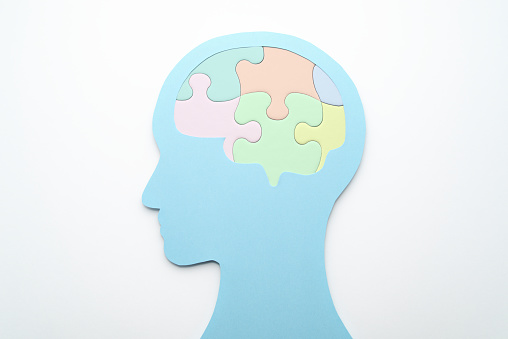High Intake of Berries, Apples and Tea Linked to Lower Dementia Risk
The flavonoids found in plants appear to play a role in lowering the risk of dementia. Researchers found that people who reported a high intake of flavonoids were 40% less likely to develop dementia. Tea, apples, pears, blueberries and strawberries were found to have the flavonoids with the greatest potential to lower dementia risk. High intake was considered having around 7.5 cups of berries, eight apples or pears, and 19 cups of tea per month.
Source: Harvard Health
Walking Speed and Brain Health Often Decline Together
Researchers have found that slower gait speed and cognitive decline may be related. This is because gait speed and cognition may be altered by similar factors like hardening of the arteries and abnormal deposits of beta-amyloid and tau proteins in the brain.
Source: Harvard Health
Key Factors Play a Role in Whether Your Mind Stays Sharp as You Age
Some people, even if they have accumulations of amyloid protein plaques in the brains, remain sharp as they age. Researchers think this may boil down to genetic luck as well as living a healthy, fulfilling lifestyle.
Source: HealthDay
Moderate Alcohol Consumption Could Benefit Your Brain
If you like a glass or two of wine with dinner, you’re in luck. Researchers have found that consuming one or two glasses of alcohol per day had a “consistently high cognitive function trajectory” compared to people who never drank.
Source: HealthDay
Exercise Can Help Slow Cognitive Decline
Exercise is important as you age. It can help keep you active and healthy. Researchers are looking at ways that exercise can also slow cognitive decline. In animals, researchers found exercise reduces age-related decline in the hippocampus.
Source: National Institute on Aging
Brain Glucose Metabolism Shift May Explain Women’s Increased Risk of Alzheimer’s Disease
Women make up two-thirds of Alzheimer’s disease diagnoses in the United States, but scientists are unsure why. To gain a better understanding of why women seem to be more at risk, scientists focused on sex-based differences in how the brain metabolizes sugar. In animal models, scientists found that male rats were better able than females to adapt to this metabolic shift at the molecular level.
Source: National Institute of Aging
Dizziness When Standing Could be a Risk Factor for Dementia
A new study suggests that feeling dizzy when you stand up could be a risk factor for dementia. Orthostatic hypotension, a sudden drop in blood pressure when you stand, which can lead to dizziness. Researchers “found a connection between orthostatic hypotension and later onset of dementia with a drop in systolic blood pressure of at least 15 mm Hg, but not diastolic blood pressure or blood pressure overall.”
Source: US News & World Report










